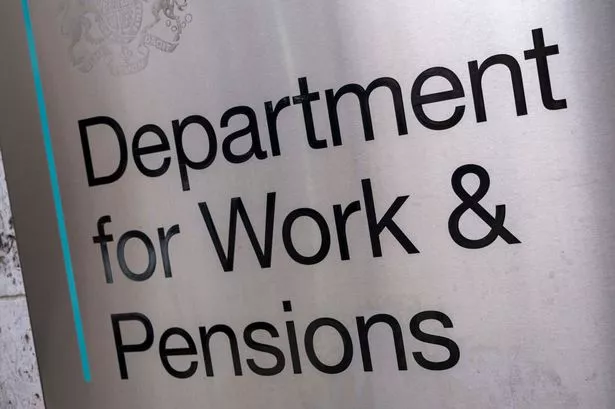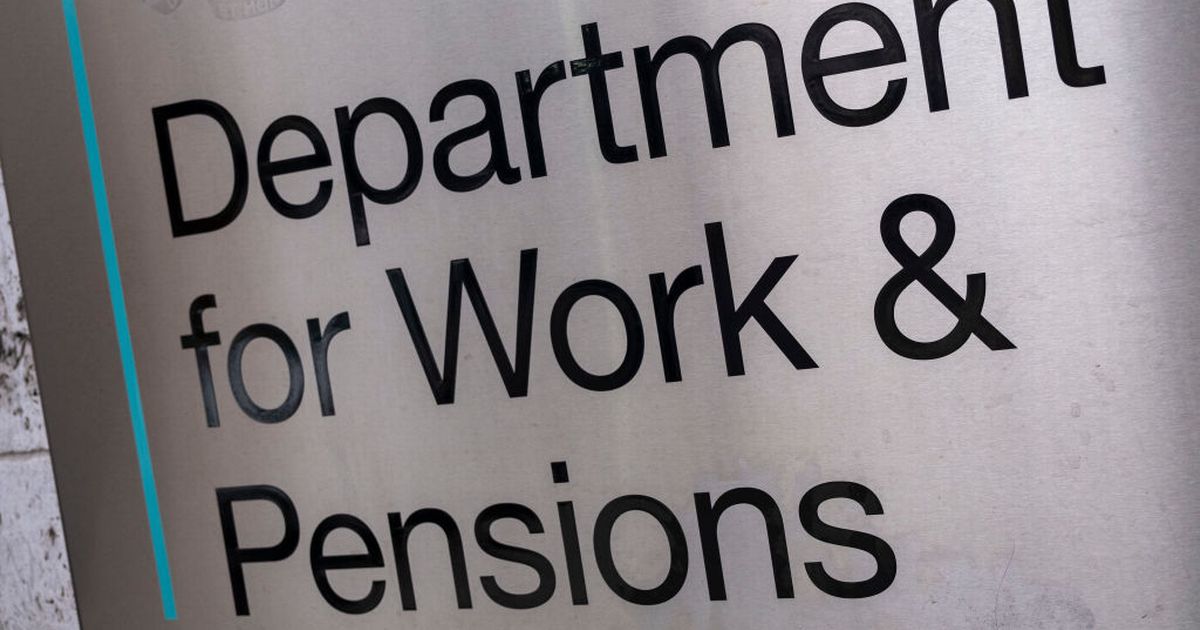Individuals with long-term physical or mental conditions can get the money through Personal Independence Payments The DWP is paying up to £750 to people with stress, anxiety, or depression(Image: In Pictures via Getty Images)
The DWP is paying up to £750 to people with stress, anxiety, or depression(Image: In Pictures via Getty Images)
The Department of Work and Pensions (DWP) is paying up to £750 to people with stress, anxiety, or depression.
This is through Personal Independence Payments (PIP), which is designed to help individuals living with long-term physical or mental conditions.
The DWP has commissioned new research that found that at the end of July 2024, 3.6 million people were entitled to PIP in England and Wales.
Read more: Parents warned of ‘hidden crisis’ as childcare costs push 1 in 6 to credit cards
At the time, this represented a 29% increase in the number of claimants since July 2021 (2.8m).
Mental health conditions and behavioural disorders were found to be the main cause of the increased numbers.
When comparing 2019 to 2024, the number of people claiming PIP for anxiety and depression rose from 2,500 per month to 8,800 per month.
1,444,016 people were receiving financial support for ‘Psychiatric disorders’ by the end of April 2025, with 3.7 million people in total receiving PIP by then.
PIP’s use of ‘Psychiatric disorders’ covers anxiety and mood disorders, stress reactions and depressive disorders, along with a wide range of other conditions that may affect someone’s mental wellbeing.
It comes as thousands of PIP claimants could be owed over £5,000 after a major DWP error.
Thousands of disabled people may be entitled to payouts worth over £5,000 each after a string of serious administrative errors.
PIP claimants have been wrongly denied vital support or underpaid due to mistakes stretching back years.
Some claums were wrongly rejected from people who didn’t have a National Insurance number, despite the fact that one is not required to qualify for PIP.
he DWP has reviewed 455 of these cases and paid out £500,000 in arrears in the past 12 months alone.
In July 2019, a Supreme Court ruling followed an Upper Tribunal decision that altered how the DWP interprets the term ‘social support’ for Daily Living activity number nine.
This ‘MM’ judgment pertains to the definition of ‘social support’ when interacting with others face-to-face and when ‘prompting’ should be deemed ‘social support’ in the PIP assessment, as well as how far ahead social support can be provided.
Ayla Ozmen, director of policy at anti-poverty charity Z2K, warned that benefits underpayment errors could cause “significant financial hardship” for disabled people.
“We are calling on the DWP to do everything it can to ensure that these errors are corrected as soon as possible,” Ozmen said.
Former Liberal Democrat DWP minister Sir Steve Webb suggested the review of social support-related PIP cases “could perhaps have been processed more promptly”.

